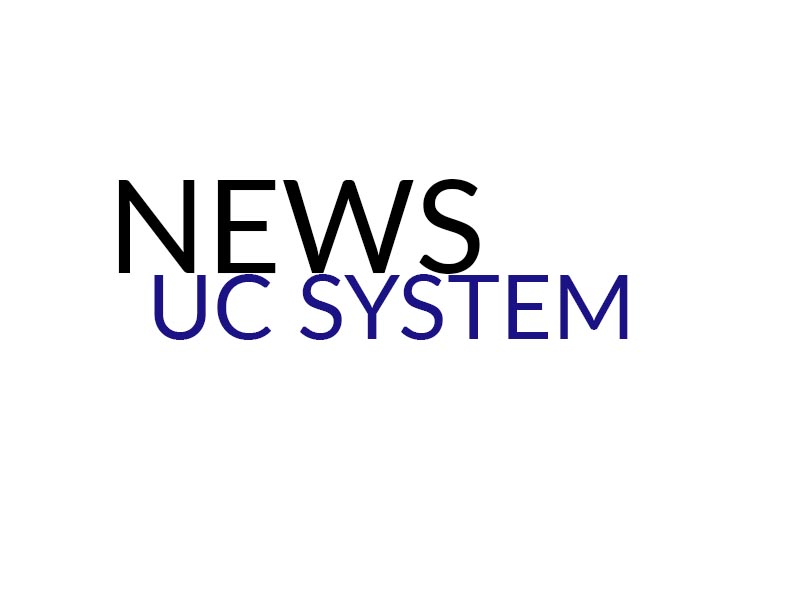UCSD’s Sexual Assault and Violence Prevention Resource Center has changed its name to Center for Advocacy, Resources and Education as part of the UC Office of the President’s initiative to standardize sexual violence advocacy programs across University of California campuses. The transition was officially announced in an email from Chancellor Pradeep Khosla on Jan. 21 after UCOP issued a press release detailing the milestone goals the task force met this month.
Like SARC, CARE offers confidential counseling and crisis intervention services at no cost to registered UCSD students. However, CARE Director Nancy Wahlig told the UCSD Guardian that the center has expanded its free services to aid staff and faculty who are affected by sexual violence or misconduct as well.
“Until now, we’ve only served students who were victims,” Wahlig said. “We would always do education all across campus for faculty and staff to help students who identified that something had happened to them. But, now, we provide comprehensive services to faculty, staff and students. We still think that students will probably be the majority of those individuals who are seeking services, but we’re open now to everybody.”
According to the Rape, Abuse and Incest National Network, there are over 293,000 victims of sexual assault every year. RAINN studies show that these victims are statistically more likely to suffer from disorders, such as depression and post-traumatic stress disorder. Wahlig said that CARE is determined to prevent as many cases of sexual violence as possible by raising awareness on campus.
“This is a problem that happens whether you’re on a college campus or whether you’re in the community,” Wahlig said. “It’s really something that we all need to address. The effects of being a victim of a crime, whether it’s sexual assault or relationship violence or stalking, can impact someone for a very long time.”
CARE has been counseling UCSD students and promoting sexual violence awareness for the past 25 years. The advocacy office for sexual, gender-based violence and misconduct received a $300,000 grant from the U.S. Department of Justice last October, which has been channeled toward working collaboratively with community law enforcement officials and improving the program’s services overall. Wahlig added that the shift from SARC to CARE has been in progress for over a year and was a combined effort between the 10 UC campuses and UCOP.
“We have been working with the Office of the President for about a little over a year,” Wahlig explained. “It was a process where we were working together, trying to make sure that everybody improved and really bringing up the quality of care on all campuses.”
UCOP media specialist Brooke Converse told the Guardian that preventing sexual harassment is of utmost priority to the UC system.
“UC has no tolerance for sexual violence or harassment. The University of California must hold itself to the highest standards, and we expect all of our campuses, medical centers and labs to do everything possible to live up to those standards,” Converse said. “UC [system] needs to be a national leader in curbing sexual violence on campus. We need to lead the way in improving how cases are handled and how to better educate students.”
Last year, the UC Student Association launched a campaign called UConsent with similar goals of supporting victims and preventing future cases of sexual assault across UC campuses.
UConsent co-director and Muir College freshman Ayesha Sayeed stated that the two-year campaign focuses on the importance of mutual consent while educating students about how to react when witnessing situations of potential sexual violence.
“The ultimate purpose for this project is to create a culture of consent on our college campus and teach individuals the importance of bystander intervention and how to be an effective bystander,” Sayeed told the Guardian. “It is not enough to tell people to take a stand without giving them the proper tools to prevent sexual assault and appropriately support survivors. With so many students on campus, if we all learn to look out for others and learn the proper tactics to intervene it will help make the campus feel safer as a whole.”
Co-director and Thurgood Marshall College junior Krystl Fabella told the Guardian that the campaign aims to eradicate the social construct of victim blaming through its focus on sexual consent.
“It should be everyone’s personal duty to take a stand against sexual assault, and we hope to create a culture of survivor support and free of victim blaming,” Fabella said. “We want to fully educate everyone on the definition of sexual consent as being a positive, clear, revocable ‘yes’ and conscious effort and recognize what constitutes as sexual assault.”
Representatives of the campaign at UCSD often interact directly with CARE staff members since the two programs share common goals. Fabella added that the organizations work closely together in order to effectively raise awareness on campus and that UConsent will work with CARE to plan activities for Sexual Assault Awareness Month in April.








